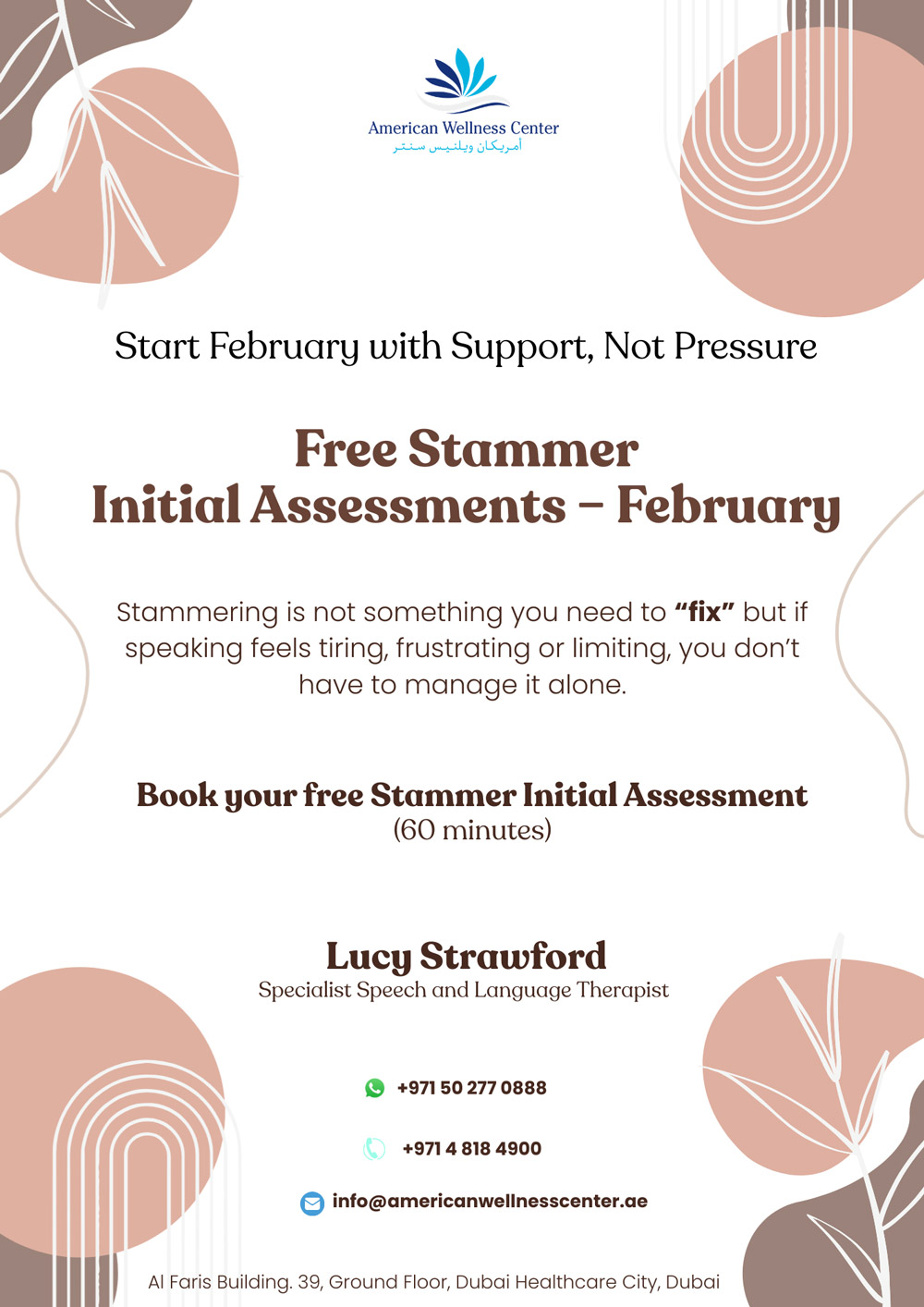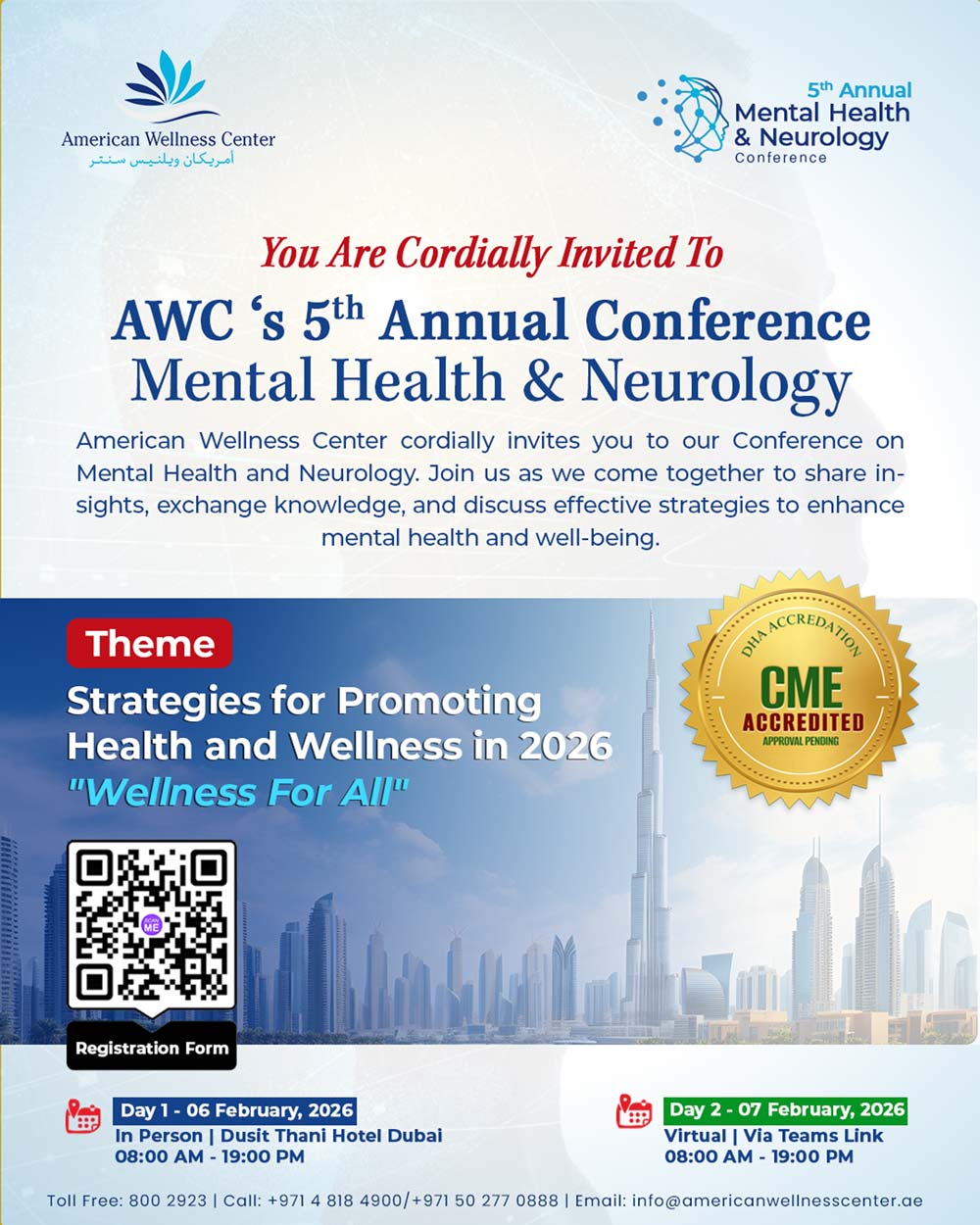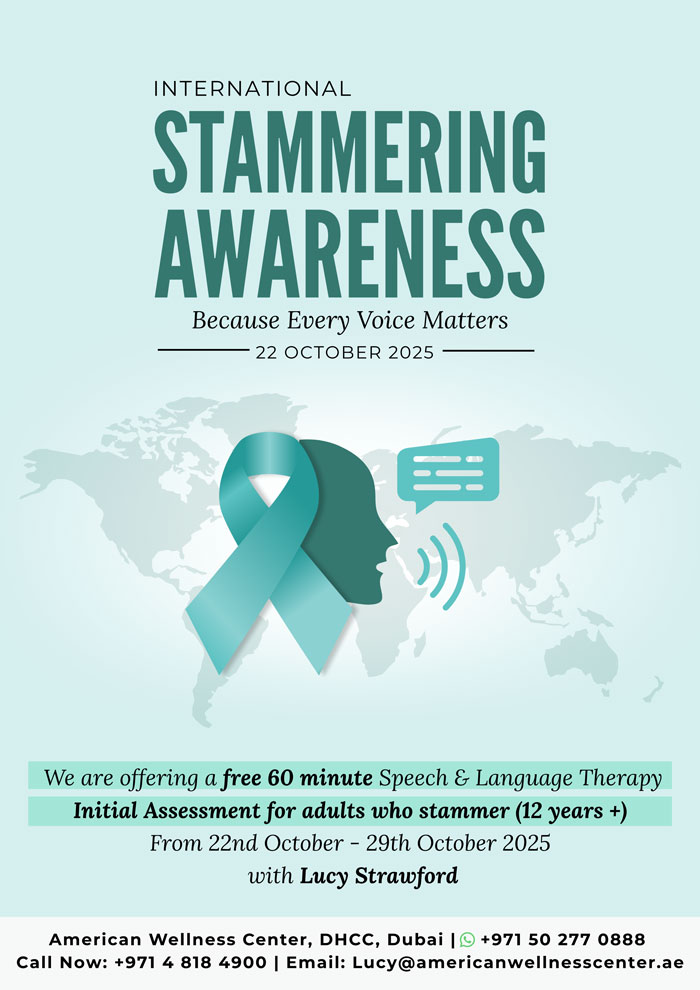
09:00:00 - 18:00:00
For: 12 years and above | Free Event

08:00 - 19:00
For: Adults 18+ | Free Event

08:00:00 - 18:00:00
For: 12 years + | Free Event

-
For: | AWC